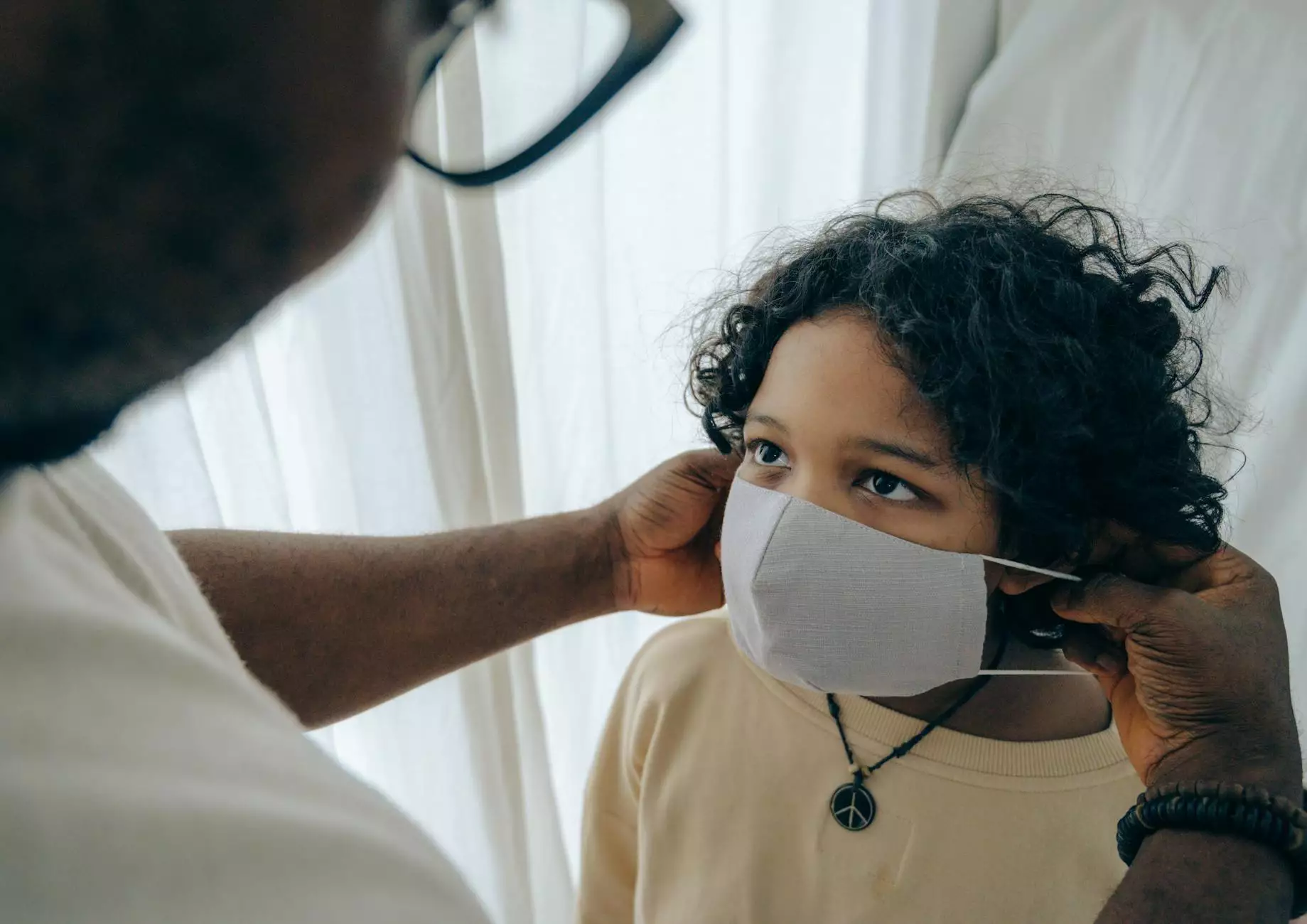Taking Action for Skin Cancer Awareness Month
Skin Care
Welcome to the comprehensive guide on skin cancer awareness and prevention brought to you by Smith, Arthur F, MD. In this article, we will delve into the importance of Skin Cancer Awareness Month, various skin cancer types, symptoms, prevention methods, early detection, and available treatment options.
Why is Skin Cancer Awareness Month Important?
Skin Cancer Awareness Month is an initiative to educate individuals about the risks, prevention, and early detection of skin cancer. It serves as a reminder for people to protect their skin from harmful ultraviolet (UV) radiation and encourages them to prioritize their skin health.
Types of Skin Cancer
1. Basal Cell Carcinoma (BCC)
Basal Cell Carcinoma is the most common type of skin cancer. It typically appears on sun-exposed areas such as the face and neck. BCC grows slowly and rarely spreads to other parts of the body. However, early detection and treatment are crucial to prevent further damage.
2. Squamous Cell Carcinoma (SCC)
Squamous Cell Carcinoma is the second most common type of skin cancer. It often appears on areas frequently exposed to the sun, including the face, ears, lips, and hands. SCC can grow deeper into the skin and may spread to other areas if left untreated. Regular check-ups and early intervention are essential.
3. Melanoma
Melanoma is a less common but more dangerous form of skin cancer. It develops in the melanocytes, the cells responsible for producing skin pigment. Melanoma can rapidly spread to other parts of the body, making early detection and timely treatment critical. Regular self-examinations and professional screenings are key in identifying potential melanoma.
Skin Cancer Symptoms
Knowing the symptoms of skin cancer can aid in early detection and prompt medical intervention. Keep an eye out for the following signs:
- Unusual growths, bumps, or sores that don't heal within a few weeks
- Changes in moles, such as size, color, shape, or texture
- New spots or patches on the skin
- Itching, tenderness, or pain in an existing mole or growth
- Bleeding or oozing from a mole or spot
Prevention Methods
Protecting your skin from harmful UV radiation is crucial in preventing skin cancer. Here are some preventive measures you can take:
- Apply broad-spectrum sunscreen with an SPF of 30 or higher regularly.
- Seek shade, especially during peak sun hours (10 am - 4 pm).
- Wear protective clothing, including hats, long sleeves, and UV-blocking sunglasses.
- Avoid indoor tanning beds, as they emit harmful UV rays.
- Get regular skin cancer screenings and self-examine your skin monthly.
Early Detection and Treatment
Early detection plays a significant role in successfully treating skin cancer. Regular skin examinations by a board-certified dermatologist can help identify potential issues before they escalate. If diagnosed with skin cancer, appropriate treatment options, including surgery, radiation therapy, immunotherapy, and chemotherapy, are available.
Conclusion
As Skin Cancer Awareness Month reminds us, taking action to protect our skin is vital. By understanding the risks, adopting preventive measures, and prioritizing regular check-ups, we can reduce the incidence of skin cancer and ensure early detection if it does occur. Remember, your skin health matters, and Smith, Arthur F, MD, is here to support you every step of the way.




